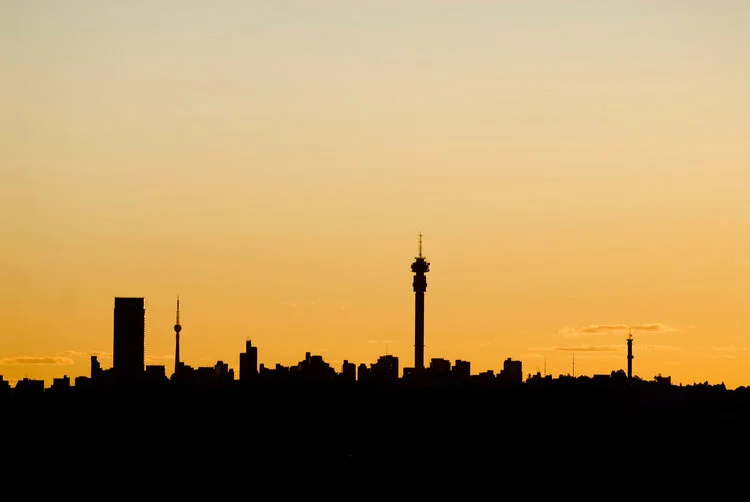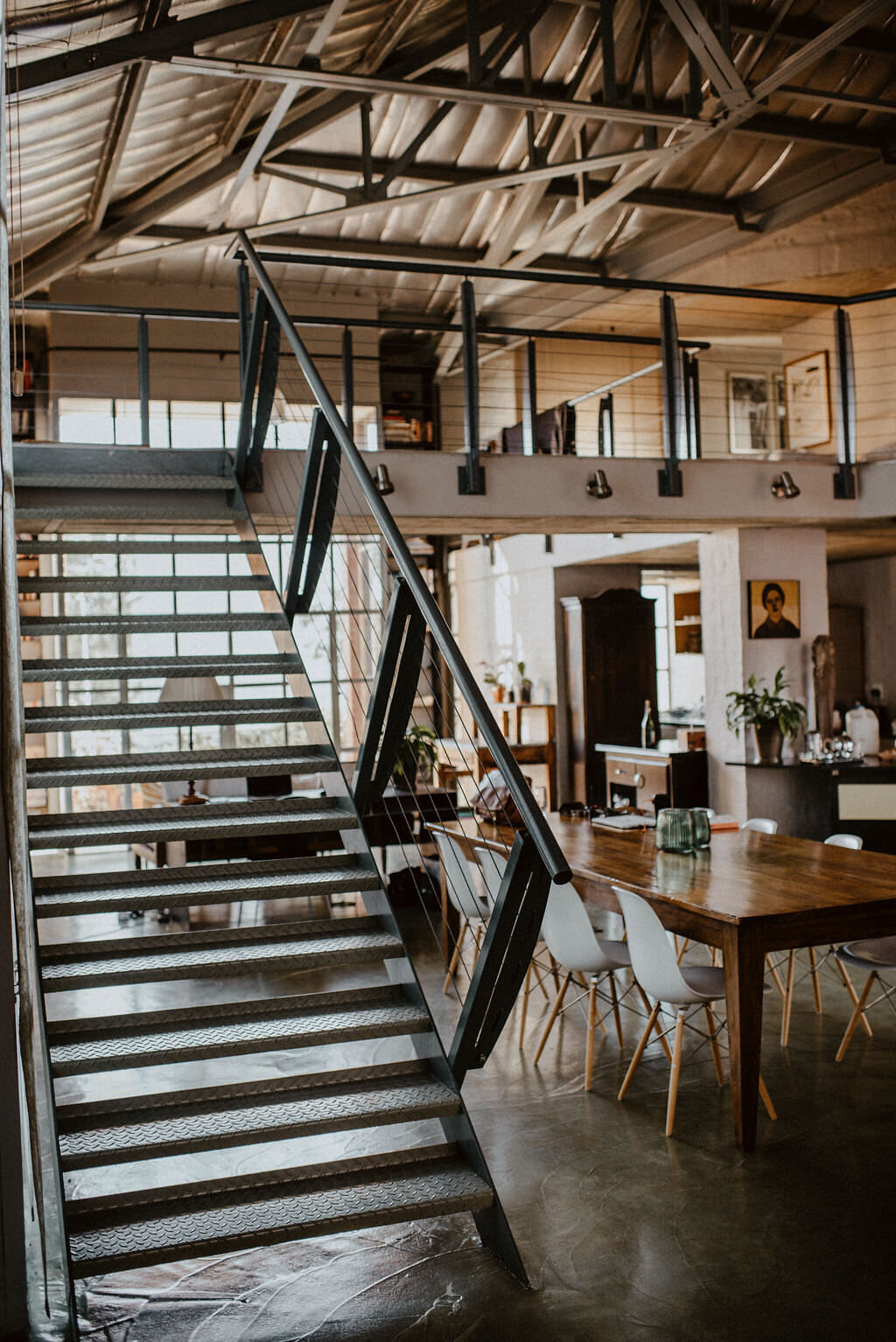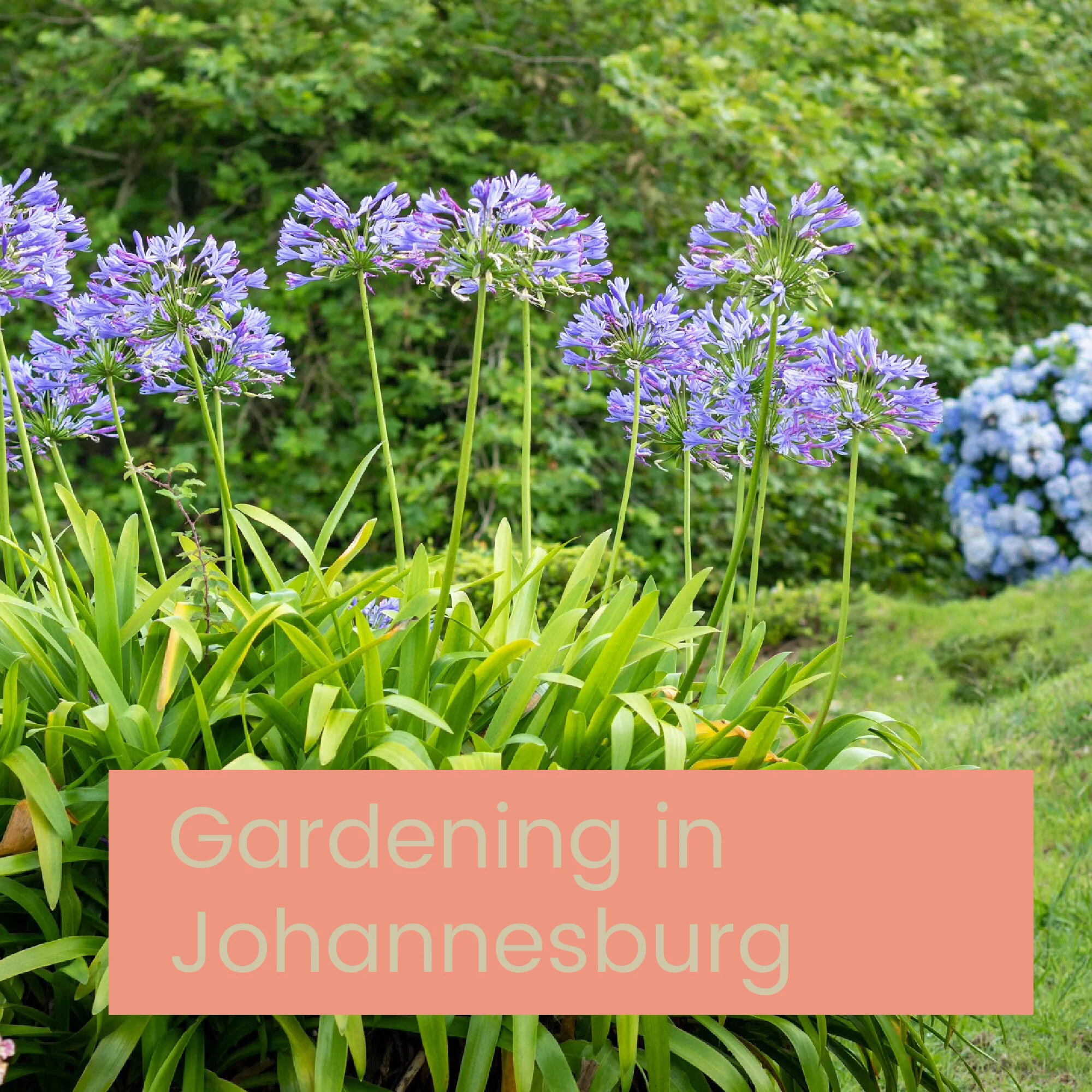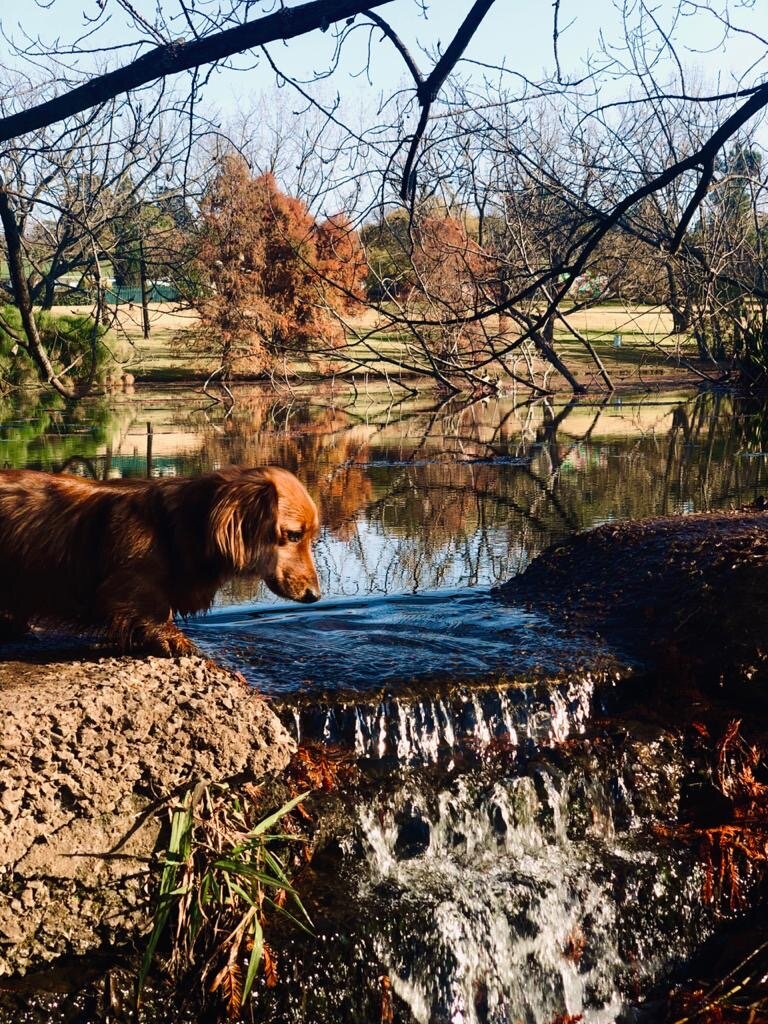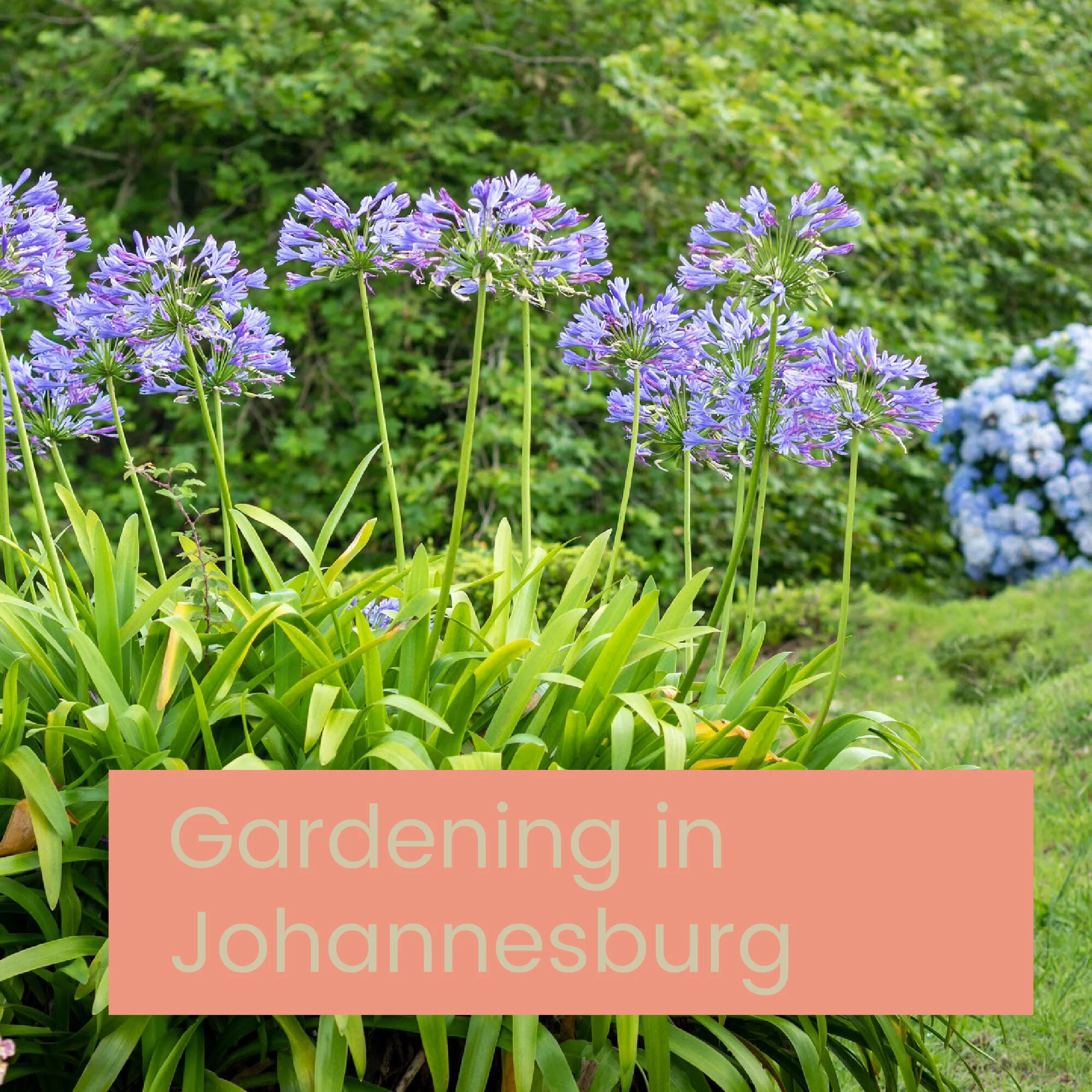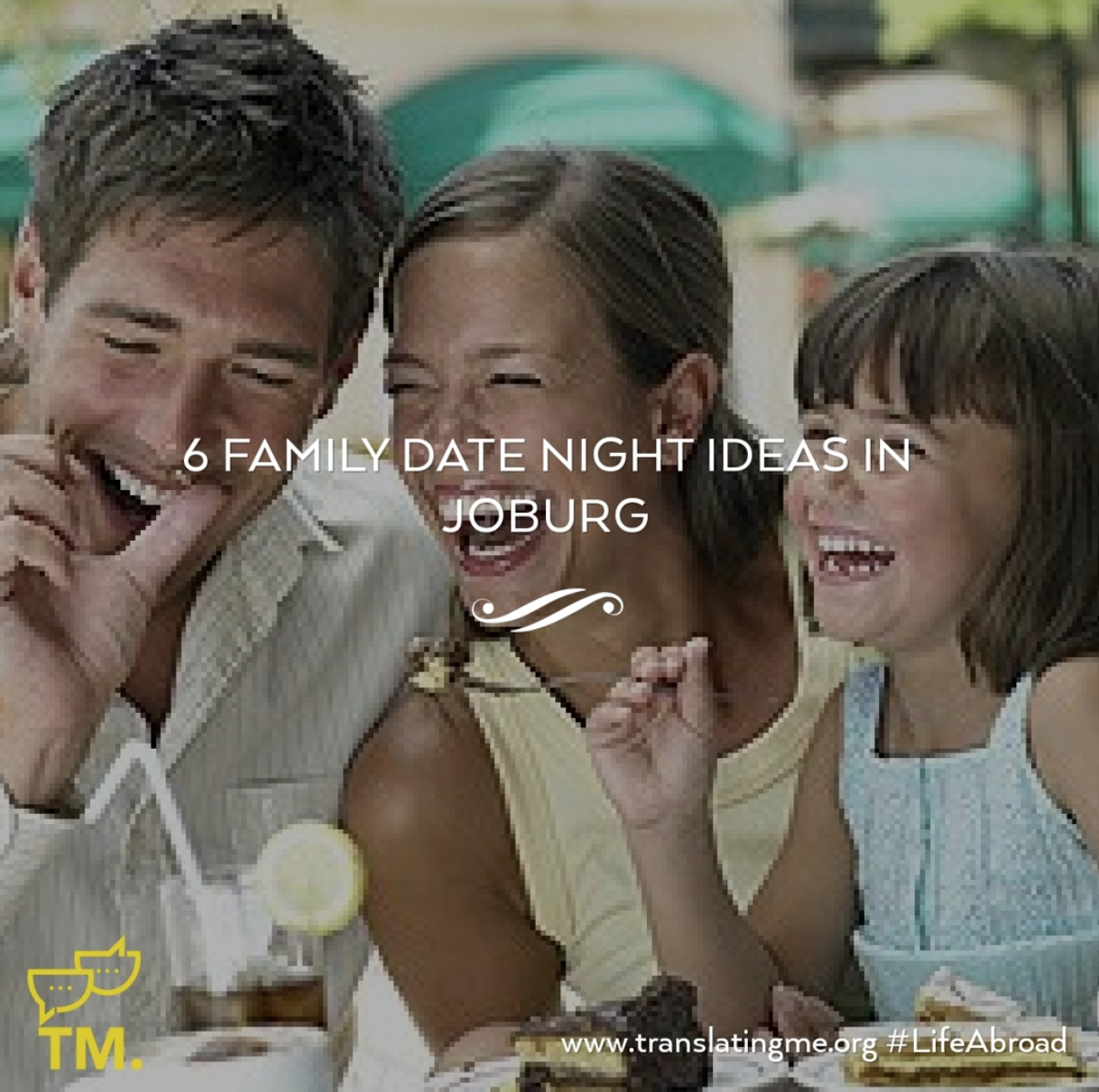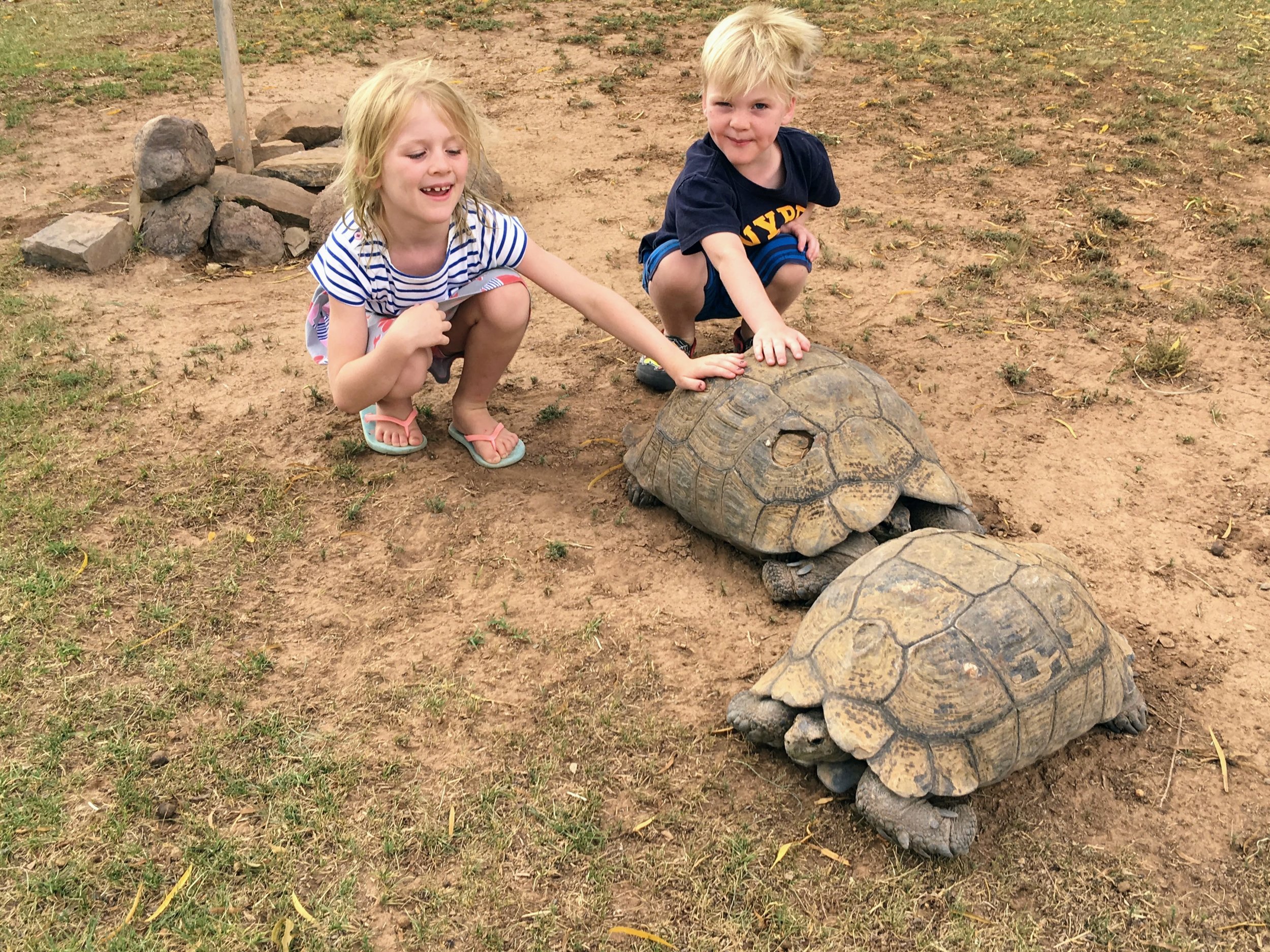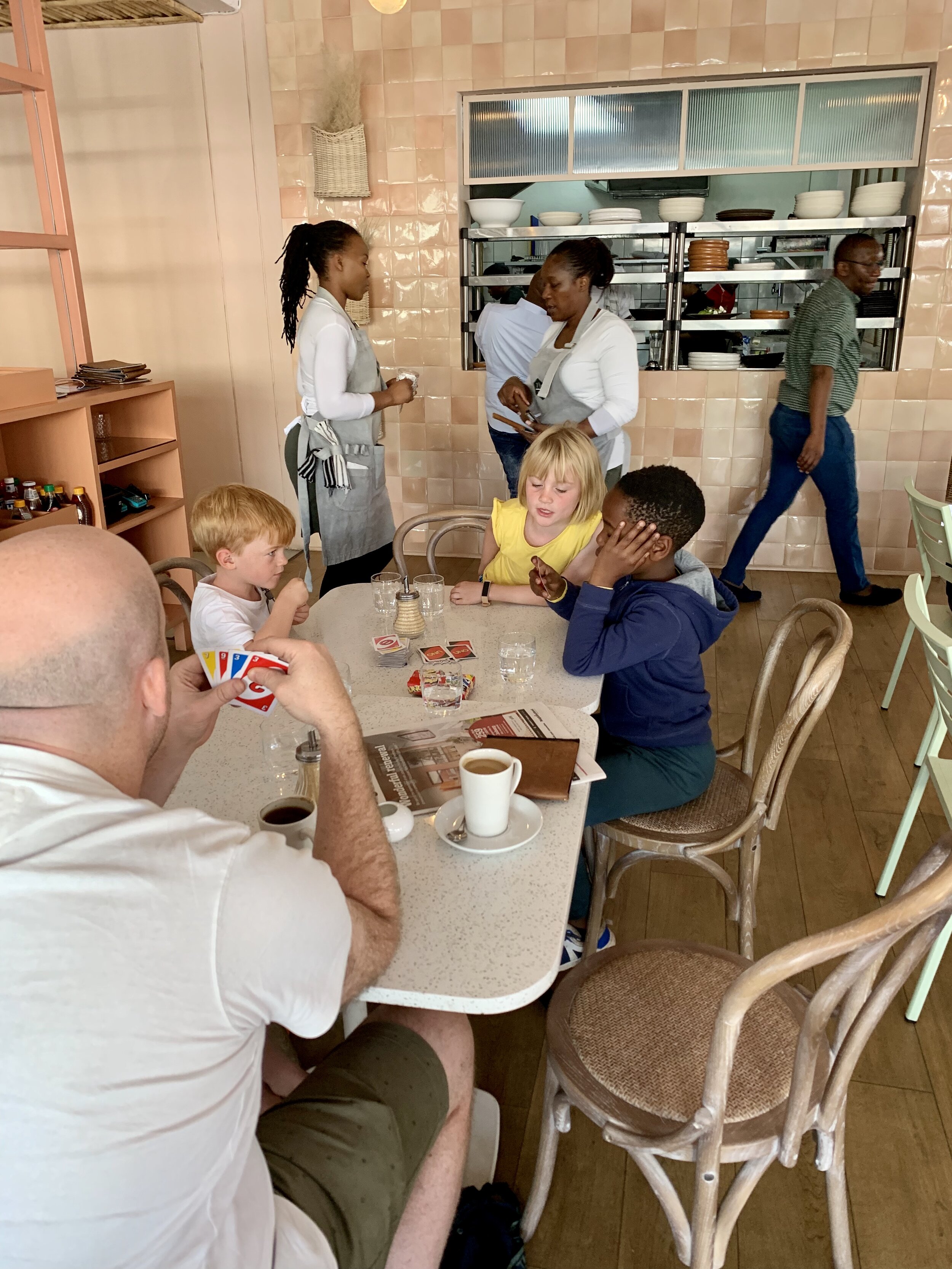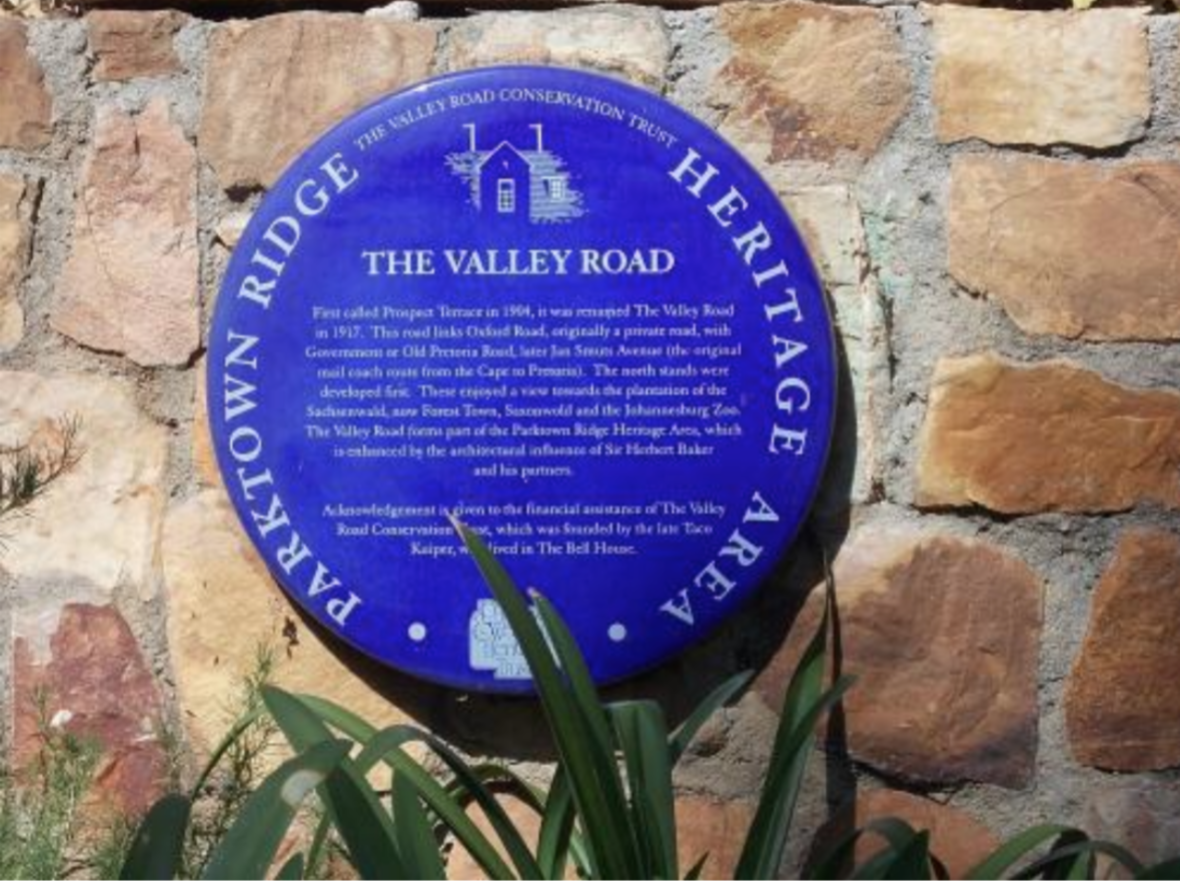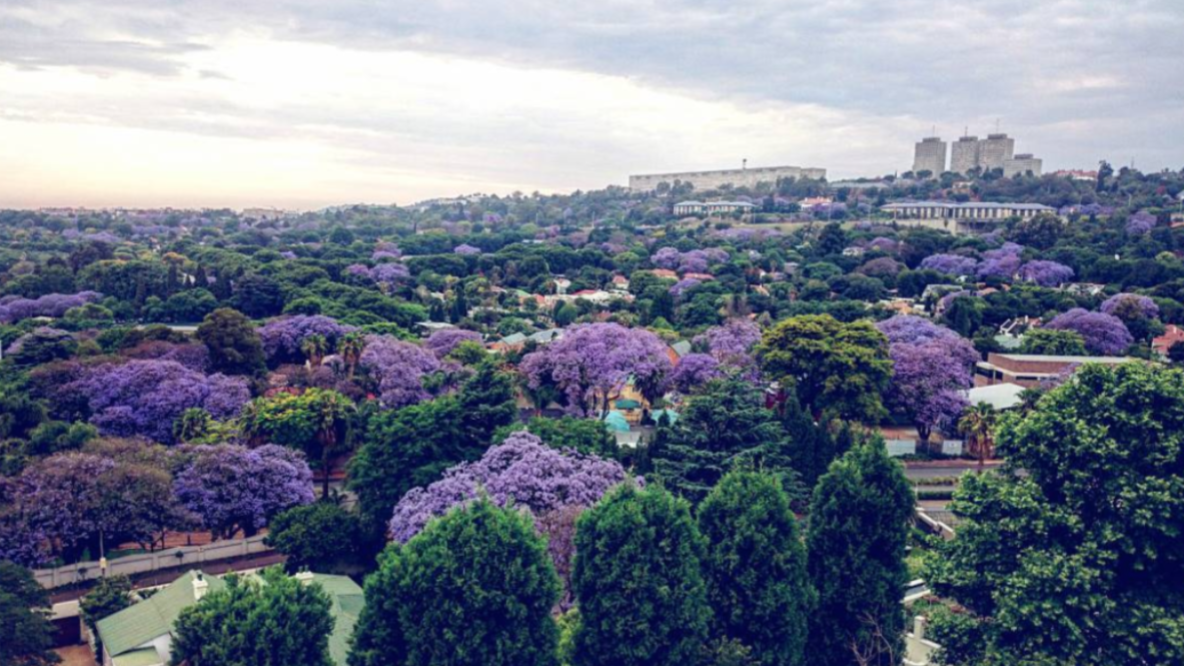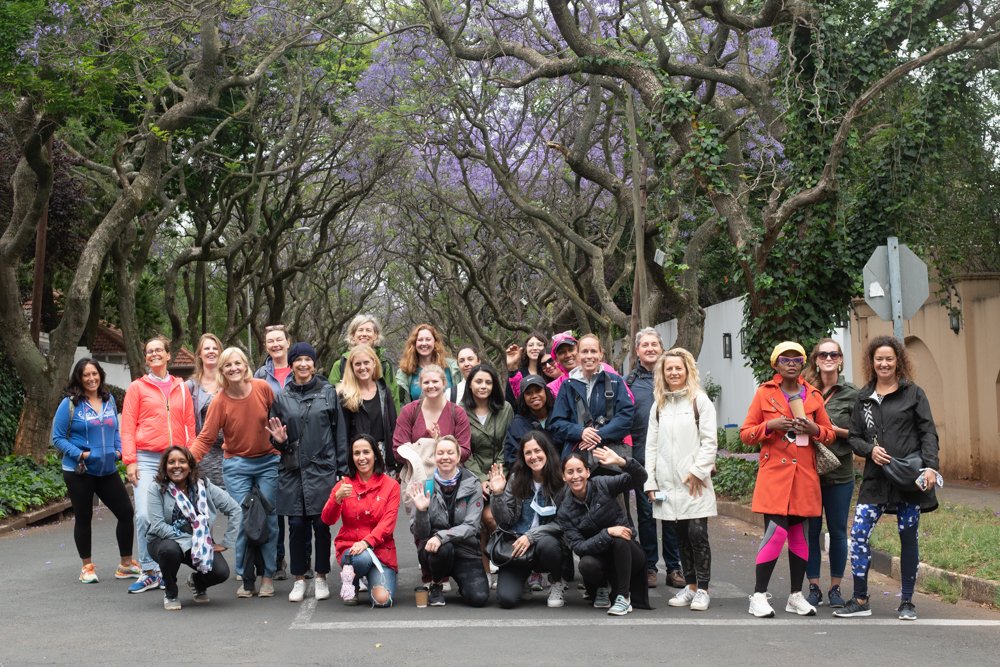10 Reasons To Get Excited About Moving To Johannesburg
/‘You live where? Johannesburg!!! WOW, don’t you worry about getting shot?’
OR
‘Your daughter, son in law and grandchildren live where? What on earth took them to Johannesburg? When are they coming home?’
OR
‘Hannah, the other day I saw this TV programme on Johannesburg, are you sure you are safe there?’
If you are living in Joburg, you get used to these comments each and every time you head back home. My poor parents are so fed up of defending our choice to live here, and constantly telling people how wonderful it is (thanks mum).
Who can blame these every day questions when often the media and South African’s living abroad will talk about crime, unemployment, water or electricity shortages and corruption the same way Brits talk about the weather or Londoners talk about travel options. Sadly there are a multitude of challenges for people living in Johannesburg and South Africa as a whole, but it is also a vibrant welcoming city, that opens its arms to invite you in, to love it or hate it.
So if Johannesburg or South Africa becomes an opportunity for you to move too, here are our Top 10 reasons why we think you should say yes!
The Sky
Blue skies, stormy skies, big skies (from road trips), beautiful white skies (after a storm), sun sets (range of colours reds, yellow, pink).
Image Marikjke Willems
Entrepreneurship
If you think you can, why not give it a go. The number of people who create their own business and execute their ideas into a reality is inspirational. You still have your hardware store, fruit and veg shop, cheese shop, local coffee shops, whereby you get to know the owner personally. This variety and personal approach is incredibly refreshing. The urbanisation of Joburg city centre is also incredibly exciting and vibrant, whether you are visiting Arts on Main, Braamfontein, Newtown, 1 Fox Street, or Jozi Lane. The personal belief to create something unique, to buy local, and make it happen is wonderful.
The Houses
We have been very lucky to live in beautiful houses, as have our friends. Many of the houses are bungalows, which when you have small children it is brilliant not to have to keep running up and down stairs when trying to leave the house. There is so much space, opportunity to have a swimming pool (which keeps our kids entertained for 7 - 8 months of the year).
Laid back lifestyle
It is so easy to escape the city for weekend breaks away in the most beautiful countryside or beach, and the working day is nowhere near as long as many other cities. The down side of that is things take a LONG time to happen, and people often don’t show up when they say they will.
The Colours
The pink Cherry Blossom, Purple Jacarandas, orange and purple Bird of Paradise, pink Proteas, orange Clivia Miniata. The whole city turns purple in October, and you cannot but smile as you drive around on your normal daily commute. There are beautiful parks with incredible views overlooking the city, perfect for early morning run or bike rides, walking the dog or just going for a stroll.
Food & Wine
The range of restaurants and price for good food and wine means that it is often cheaper to eat out than stay in! Also means its so easy to pick food up for the kids on the go, rather than always having to pack their lunch.
It is a Big, Little City
There is so much stuff to do, right on your door step, and it doesn’t take long before you know your way around so you don’t get lost in doing it all. Incredible to go and watch Cold Play or International Sport and then be back home in bed just 30 minutes later.
Accessible
Joburg is brilliant to travel into the rest of Africa, whether for business or on a road trip, it brilliantly.
International Sport
International Rugby, Cricket & Soccer are all very accessible and so easy to do as a family. We have taken our three kids (who are all under 5) to many test Cricket games, they have loved running around on the grass bank, the crowd are always so friendly, and great atmosphere, such a treat to be able to afford and then enjoy.
Cosmopolitan
For an African capital city it is very cosmopolitan and a lot more open to different views and cultures than many places in the country and the continent.
Joburg is one of the few cities without a river, sea or port, nor are there any mountains. But it does turn purple in October, have hot rain bouncing off the streets in December, warm clear blue winter days in May. You can walk around barefoot probably 360 days of the year (which my children now do), but the one thing I can guarantee is that you will be met with a welcoming smile and “howzit?” as soon as you land, whether it is from the cleaner in the OR Tambo airport or someone you pass whilst walking in the park, Johannesburg is mainly all about the people.
If you do brave the decision to come live here, a much hard decision is going to be why should we ever leave.


